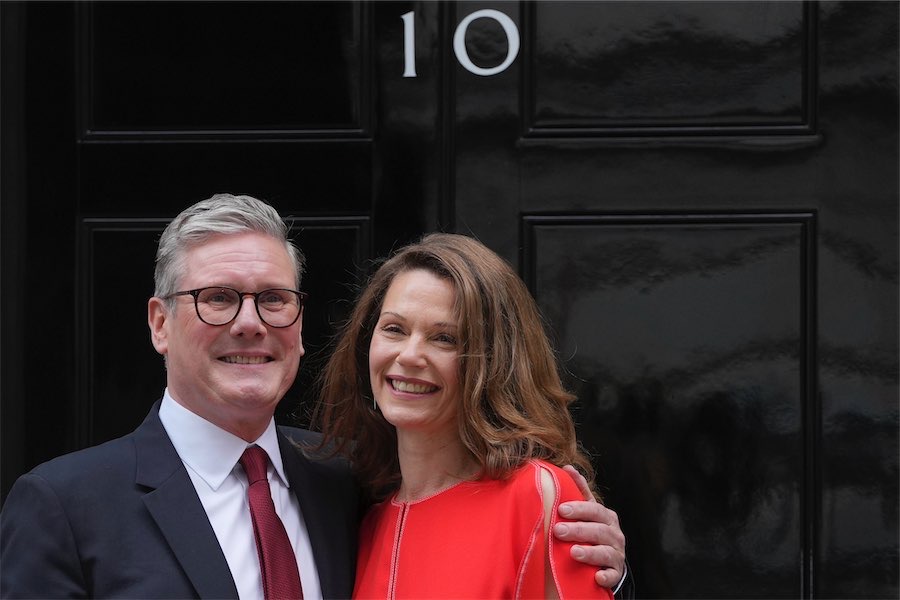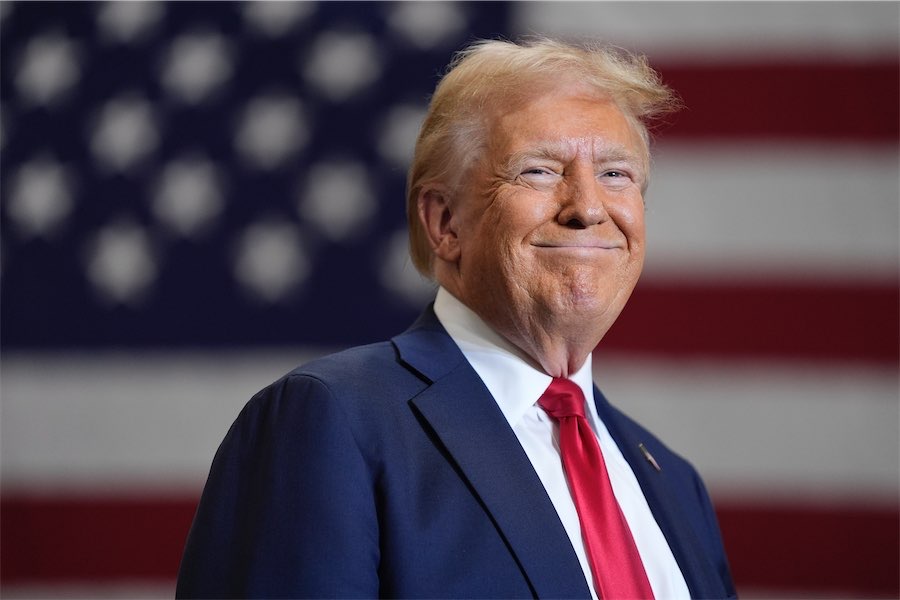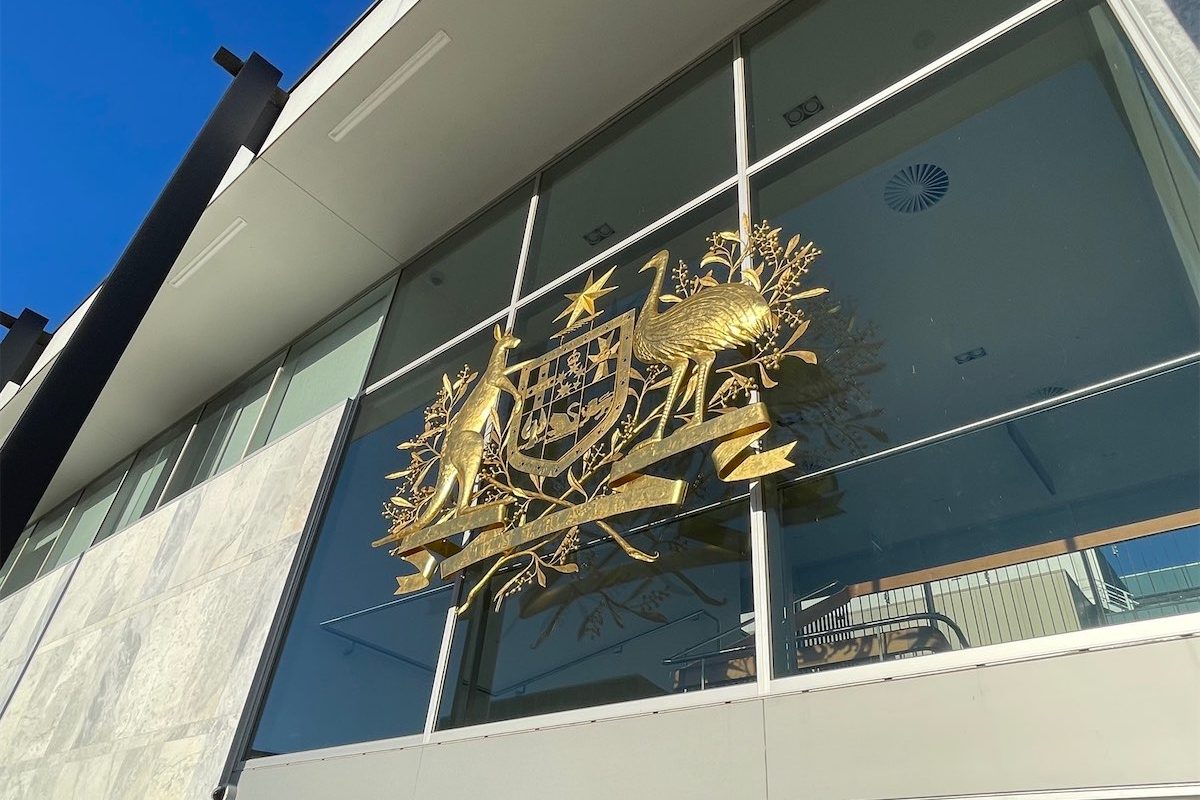
Elections cost money. How much, and who pays? Politicians receive gifts. From whom and in what amounts, asks HUGH SELBY.
In mid-September, The Guardian newspaper reported that the UK Prime Minister Keir Starmer “has declared more free tickets and gifts than other major party leaders in recent times, with his total now topping £100,000 [a little under $200,000].

“[He] has accepted almost 40 sets of free tickets during his time as party leader, mostly to football matches but also £4000 of hospitality at a Taylor Swift concert and £698 of Coldplay tickets,” the paper reports.
“Lord Alli… paid for Starmer’s work clothing worth £12,000 [author’s note – that’s luxury suits, ties etcetera, not tradies’ overalls and safety gear], accommodation valued at more than £20,000 and [spectacles] valued at £2485 [author’s note – a bit above what you and I would get at our preferred optometrist].”
Starmer has previously insisted his acceptance of hospitality is related to his security requirements of not being able to go into the stands, saying: “If I don’t accept a gift of hospitality, I can’t go to a game. You could say: ‘Well, bad luck.’…but, you know, never going to an Arsenal game again because I can’t accept hospitality is pushing it a bit far.”
Any fair-minded, diehard fan would agree.
Our Prime Minister, Anthony Albanese, receives less, with much of what he does receive being surrendered. Those with a fascination for the detail can find it at openpolitics.au/47/anthony-albanese.
Like Starmer, he too receives tickets to football (various codes), the Australian Open Tennis, a cricket Test, and to concerts (such as Jimmy Barnes, Midnight Oil, Pixies, Nick Cave, Radio Birdman, Taylor Swift, West Side Story, Foo Fighters and Elton John).
Here in the ACT our local politicians must abide by the following guidelines:
- To lodge a return within seven days after a gift or sum of gifts from the same person or organisation totals $1000 or more, and within seven days of receiving any additional gift from that person or organisation;
- Gifts may not be made by property developers, close associates of property developers, foreign entities or persons acting on behalf of a prohibited donor, to political entities – and those same political entities are restricted in their acceptance of such gifts.
For full details see the disclosure handbook on the ACT Election 24 website.
Last year the CFMEU was generous to ACT Labor, but so too were some individuals. Similarly, the ACT Liberals benefited from some generous individuals. There were some “free” tickets to various local events, but nothing catching the eye.
Apart from the salaries and allowances paid to our elected politicians we also pay both election funding (post-election) and administrative funding that is paid quarterly.
Following the October 19 election, a registered political party is eligible to receive election funding at a rate of around $10 a vote, for the votes obtained by its candidates who together polled at least 4 per cent of the total number of formal first preference votes cast in an electorate.
A non-party candidate is eligible to receive election funding if he or she polls at least 4 per cent of the total number of formal first preference votes cast in the relevant electorate.
With about 320,000 voters across five electorates in the ACT, so assume around 64,000 voters per electorate, the 4 per cent eligibility mark for funding is around 2500 first preferences (given that there is some variation in the numbers of voters in each electorate).
Hence, at the 4 per cent mark there is a payment of around $25,000. It’s much more where there are much higher percentages of first preference votes and multiple candidates meeting the 4 per cent threshold.
Administrative Funding, per sitting member, is around $7000 a quarter. It cannot be used for any election expense.
During the election campaign the battle of the corflutes is, thankfully, limited:
“Candidates, parties, and other entities must not:
- display more than 250 signs on public unleased land; or
- place signs along roads with a usual speed limit of 90km/h or more”.
There is an election expenditure cap of $50,135 a candidate. This covers the following spending:
- Broadcasting electoral advertisements (including production costs);
- Publishing electoral advertisements in a news publication, including printed and electronic newspapers or periodicals (including production costs);
- Displaying electoral advertisements at a place of entertainment (including production costs);
- Production of printed or electronic electoral matter requiring authorisation – examples include how-to-vote cards, posters, pamphlets and internet advertising;
- Producing, broadcasting, publishing or distributing electoral matter that does not require authorisation – for example direct mailing (including printing and postage), business cards promoting candidacy, T-shirts, badges and buttons, pens, pencils and balloons;
- Consultant’s or advertising agent’s fees; and
- Opinion polling and other electoral research undertaken to support the production of electoral matter included in any of the above.
There’s a penalty for going over the cap: twice the amount of the excess spending.
The alleged cost of the existing light rail (Civic to Gunghalin) came in at $675 million. This August, the fundraising for US presidential candidate Kamala Harris raised $US 361 million. It will be more than our tram by election day.
At least our tram is a durable thing, unlike political messaging. Spending caps are a good idea.
Hugh Selby is the CityNews legal affairs commentator. His free podcasts on “Witness Essentials” and “Advocacy in court: preparation and performance” can be heard on the best known podcast sites.
Who can be trusted?
In a world of spin and confusion, there’s never been a more important time to support independent journalism in Canberra.
If you trust our work online and want to enforce the power of independent voices, I invite you to make a small contribution.
Every dollar of support is invested back into our journalism to help keep citynews.com.au strong and free.
Thank you,
Ian Meikle, editor









Leave a Reply